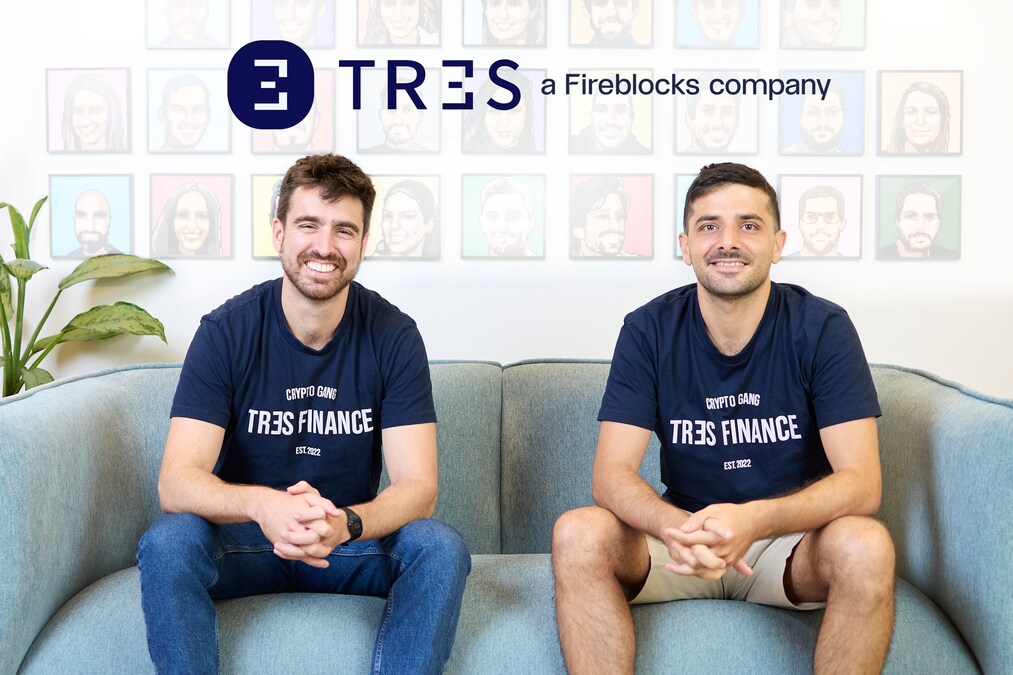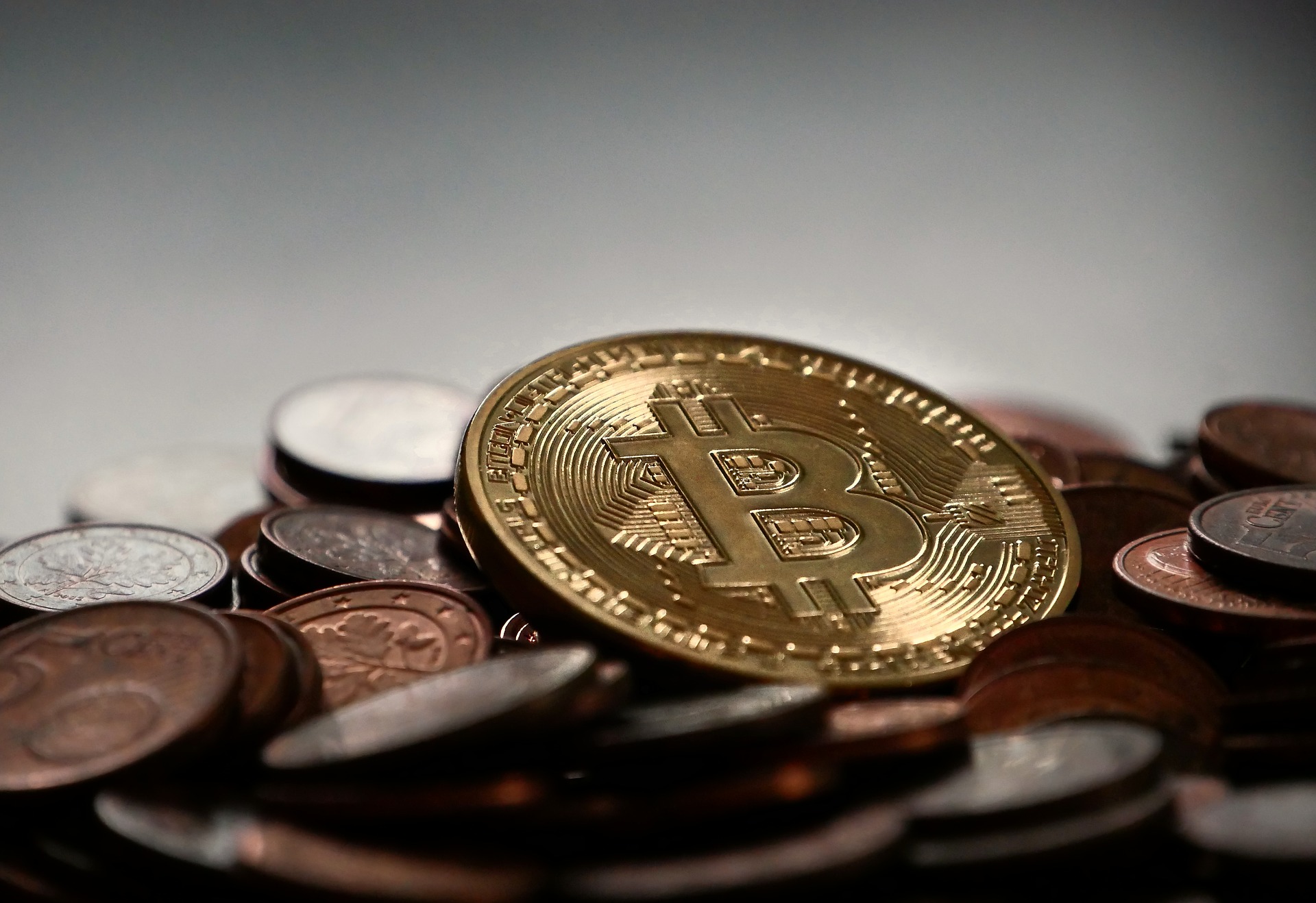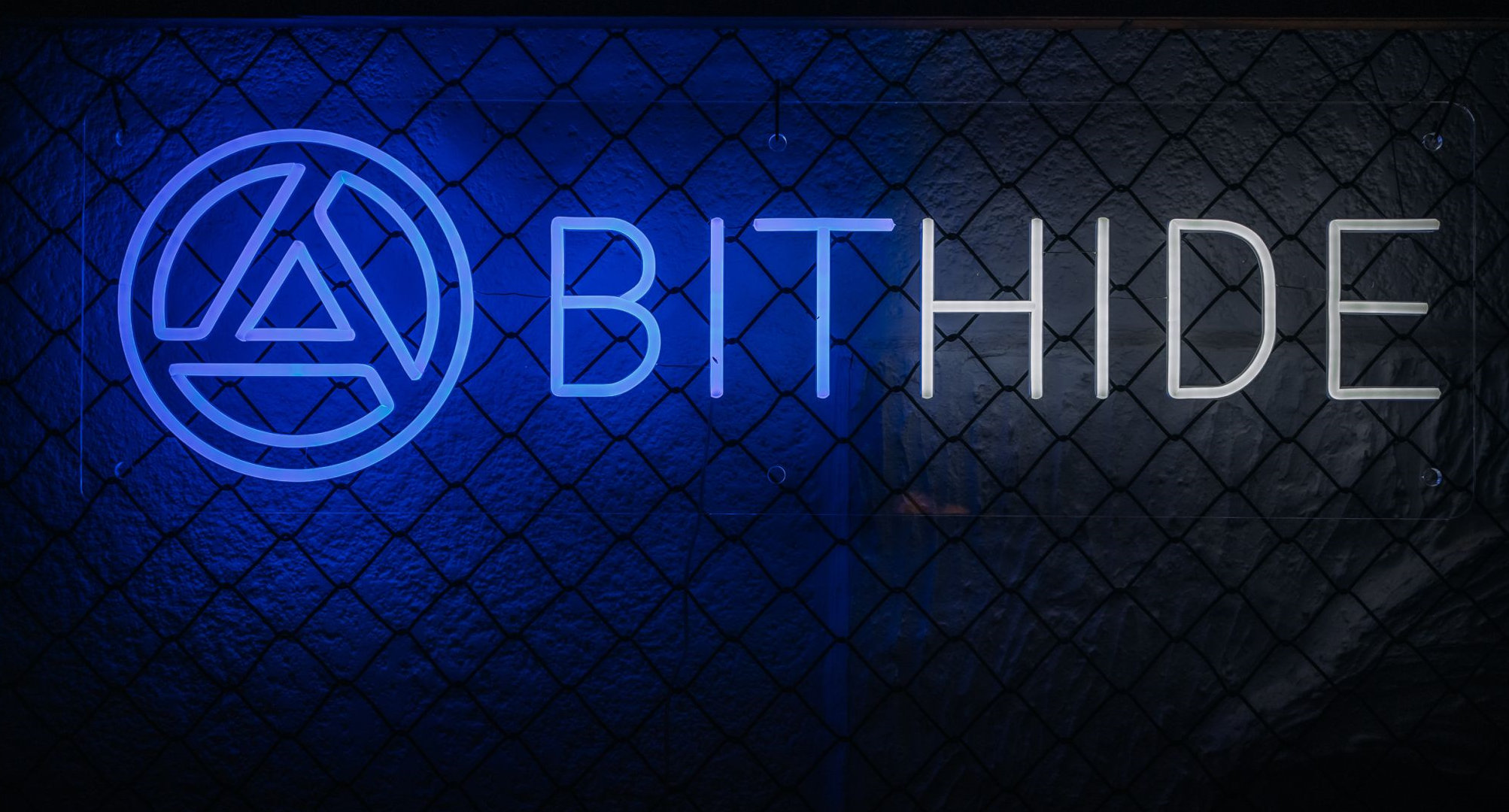By Yueqi Yang, Bloomberg News (TNS)
The list of digital tokens deemed as unregistered securities by the Securities and Exchange Commission now spans over $120 billion of crypto after the U.S. agency’s lawsuits against Binance Holdings Ltd. and Coinbase Global Inc.
The regulator in the complaints against Binance and Coinbase cited more than a dozen major coins as assets that fall under its purview. Such a designation comes with strict investor protection rules and could make the tokens harder to trade if exchanges shy away from listing them for fear of falling foul of the SEC.
Binance’s BNB—which has a market value of $44 billion—stablecoin BUSD, Cardano’s ADA, Solana’s SOL, Polygon’s MATIC, Filecoin’s FIL and Algorand’s ALGO were among those mentioned in the Binance lawsuit. NEAR tokens and Dfinity’s ICP tokens were among those cited in the Coinbase lawsuit. When added to other tokens like XRP separately targeted by the SEC, the agency has now categorized over $120 billion of coins specifically as unregistered securities.
SEC Chair Gary Gensler has long said most tokens are subject to the agency’s investor-protection laws and that trading platforms should register with the regulator. But labeling specific tokens represents a tougher approach. U.S. officials have cracked down on digital assets this year following a rout in 2022 and a series of blowups, including the bankruptcy of the FTX exchange.
Delisting risk
“Who actually gets hurt by this is Coinbase, Kraken and other U.S.-based exchanges, who then have to make a decision on whether to delist, and U.S. market makers, who potentially have to stop making markets on some of the tokens being listed as securities,” said Jeff Dorman, the chief investment officer at digital-asset specialist Arca.
At the same time, Dorman predicted that the lawsuit won’t have long-lasting impact on token prices since they are still traded on offshore exchanges.
Filecoin is down some 10% in the wake of the SEC’s complaint, while BNB has shed about 9%. The other assets mentioned are also nursing losses. In wider digital-asset markets, both Bitcoin and a gauge of the top 100 coins have fallen approximately 6%.
Coinbase has previously said it may not delist tokens the SEC deems as securities, pending a final court decision.
“We do not list securities,” Kraken said in a statement. “For every asset we list, our teams conduct thorough risk and security evaluations which includes a comprehensive legal and compliance process. We will continue to closely monitor this case and others for precedential rulings.”
Bitcoin, Ether
Gensler has said that Bitcoin, the largest cryptocurrency, isn’t covered by the agency’s securities rules. However, he’s been less unequivocal on Ether, the second-largest digital token.
Overall crypto market value stands at about $1.1 trillion, compared with a peak of more than $3 trillion during a pandemic-era boom, according to CoinGecko.
In the lawsuit Monday, the SEC accused Binance and its CEO Changpeng Zhao of mishandling customer funds, misleading investors and regulators, and breaking securities rules.
“While we take the SEC’s allegations seriously, they should not be the subject of an SEC enforcement action, let alone on an emergency basis,” Binance said. “We intend to defend our platform vigorously.”
On Tuesday, the SEC sued Coinbase in federal court in New York, alleging the firm for years broke its rules by letting users trade numerous tokens that were actually unregistered securities. Coinbase didn’t immediately reply to a request for comment on the lawsuit.
One of the key SEC cases is a 2020 lawsuit against Ripple Labs Inc. The complaint alleges the firm failed to register XRP as a security. Ripple’s Chief Executive Officer Brad Garlinghouse said in late May that he expects a court ruling in weeks. The result could have major implications for U.S. crypto rules.
(With assistance from Dave Liedtka.)
______
©2023 Bloomberg L.P. Visit bloomberg.com. Distributed by Tribune Content Agency LLC.
Thanks for reading CPA Practice Advisor!
Subscribe Already registered? Log In
Need more information? Read the FAQs
Tags: Digital Currency, SEC




